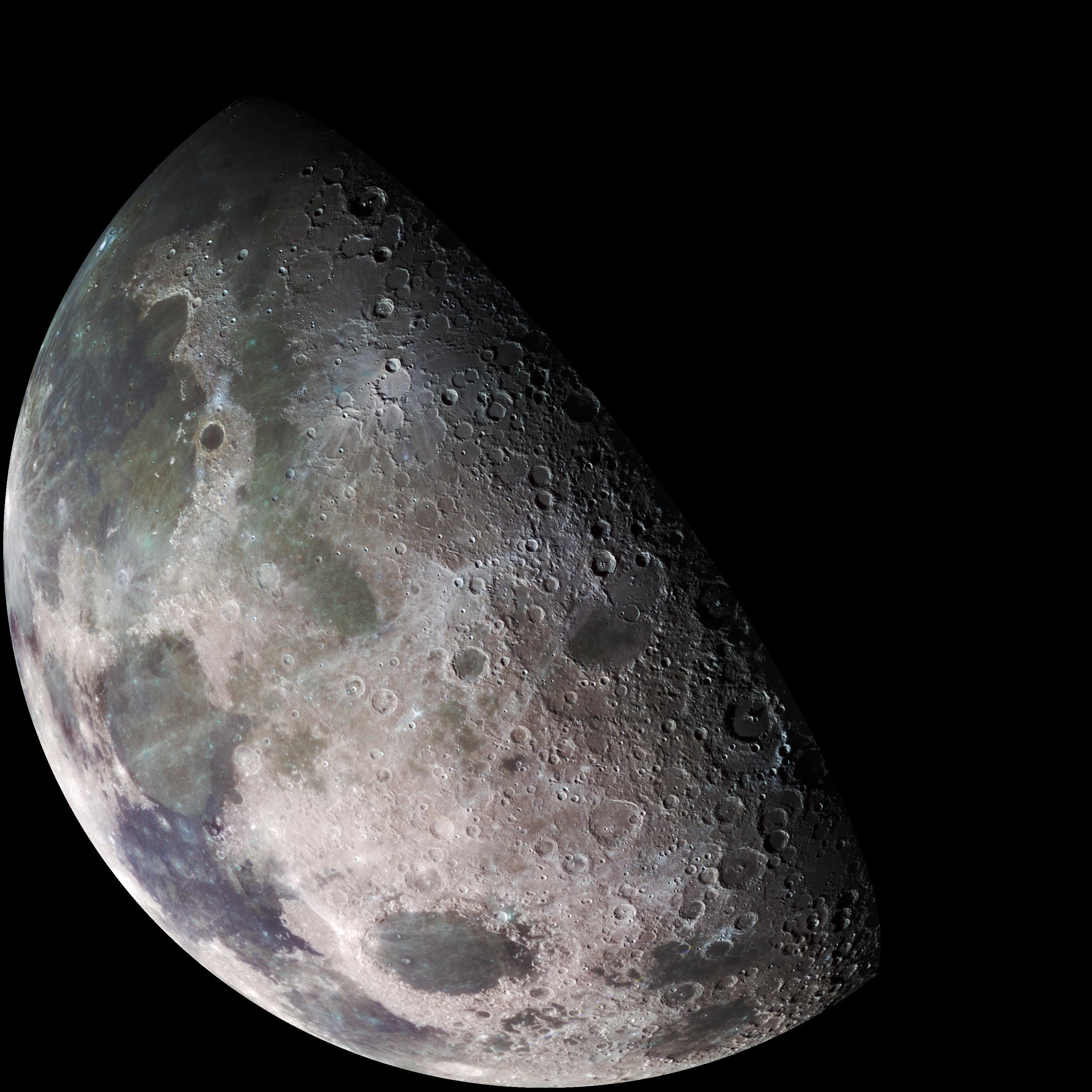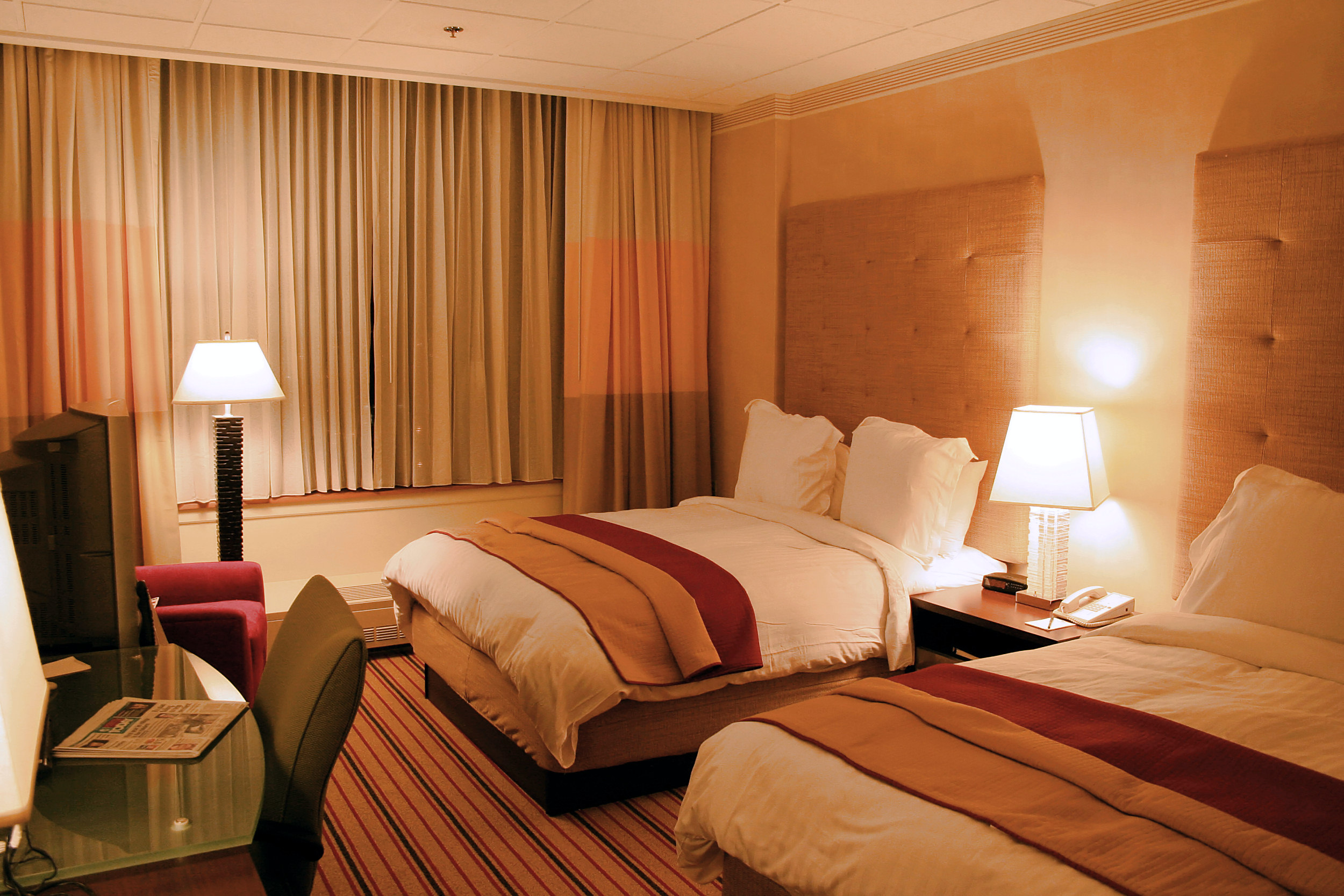Sunday, September 30, 2012
What is quicksand and how do we escape it?
Quicksand is not a particular type of sand per se; rather, quicksand is ordinary sand mixed with water. When enough water gets trapped in sand (i.e. suspended and unable to flow), it reduces the friction between sand particles such that the sand can no longer support weight. In the right conditions, this mixture of sand and water forms what we know to be quicksand. Quicksand usually forms when a certain underground source of water rises into a bed of sand.
Escaping quicksand is counterintuitive. The typical reaction of a person who has stepped (or fallen) into quicksand is to panic and struggle to get out. Such thrashing only causes the person to sink faster because, as mentioned before, water is preventing the usual friction between sand particles. There are a few key things a person should do to escape quicksand. First, they must remain calm so as to avoid hastening their sinking. Second, they should increase their surface area by spreading their arms and legs out. Next, they should lay on their back and stay still, allowing them to float to the surface. Since humans are less dense than quicksand (the mixture of sand and water), they should float to the surface. If the floating strategy fails, then the the next step is to make slow movements and attempt to climb to the surface.
Thursday, September 27, 2012
Where does the phrase "once in a blue moon" come from?
The phrase "once in a blue moon" is used to indicate a rare event. Fittingly, the event of a blue moon is indeed rare...and no, the moon is not actually blue. A "blue" moon refers to the second full moon in a single month. Since a typical lunar cycle lasts about 29.5 days, it is rare for any single month to witness two full moons. The last blue moon took place recently on August 31, 2012.
There is a different, older definition of a blue moon which refers to the third full moon in a season with four full moons. This old definition has slowly atrophied with time as the new definition has popularized.
Monday, September 24, 2012
What's the difference between jam and jelly?
The difference between jam and jelly lies not in their source but in their composition. Jam is made by crushing fruit and is served in that form (with small chunks of crushed fruit). Due to the fact that jam is served as crushed fruit, it is naturally thick enough to spread. Unlike jam, jelly is made from only fruit juice. In order to reach a consistency that is able to be spread, the fruit juice is mixed with a skosh of pectin. Thus, the difference between jam and jelly is simply the presence of crushed fruit.
Friday, September 14, 2012
Why do mosquito bites itch?
When a mosquito bites you (or stabs you with its proboscis, to be proper) it injects saliva that contains enzymes and anticoagulants, which act to speed up its intake of blood. As a response to the saliva, your body will release histamine. Histamine will cause the inflammation of nearby cells which leads to the ensuing itchy, red bump. As we know, this bump will itch, and irritating the bump by itching it will only lead to greater inflammation.
Quick fact: Only female mosquitoes bite humans because they need the nutrients in blood to properly develop their eggs.
Tuesday, September 11, 2012
What is the difference between a motel and a hotel?
That which distinguishes a motel from a hotel can be found in the word "motel" itself. The word motel is derived from "motor" and "hotel," words that describe its purpose well. Motels are usually located in rural areas or along the edge of cities to accommodate travelers and commercial drivers. With their customer base being what it is, motels rarely take reservations; rather, they encourage an atmosphere where anyone can walk in at anytime and stay the night. Usually, motels are single-story or double-story buildings with rooms opening up to the exterior.
Hotels, on the other hand, are located more densely in urban areas and/or popular tourist areas. Unlike motels, hotels are reservation-oriented and will rarely have walk-in customers. Also, hotels normally have multiple stories and often have amenities that motels lack such as room service, cable television, pools, exercise rooms, restaurants, and business centers, among other things. In terms of customer base, hotels cater to families and groups on long-stays/package deals or simply people that know in advance that they will be spending a few nights away from home and don't mind paying the extra cost of a hotel.
Tuesday, September 4, 2012
What is the difference between leavened and unleavened bread?
If bread is made without a rising agent it is called unleavened, or flatbread; the ingredients for unleavened bread can be reduced to flour, water, and olive oil. If a rising agent, like yeast or baking soda, is added to the recipe, the bread will be undergo a leavening, or rising, action, producing leavened bread. Leavened bread is pervasive in Western countries while unleavened bread is fairly uncommon, at least outside of a religious context.
Sunday, September 2, 2012
Why do bees die after they sting you?
A common misconception is that all bees die after they sting you. In reality, only honeybees die from stinging. A honeybee has a barbed stinger that is attached to its abdomen as well as some muscle tissue and nerves. If a honeybee were to sting a thin-skinned animal, then the bee would be able to pull its stinger out of the animal with little effort. Conversely, if a honeybee were to sting a thick-skinned animal (like a human), then the bee would not be able to pull its stinger out. With enough effort, however, the honeybee could break free from its stinger, leaving it in the animal's skin. Unfortunately, breaking free comes at a price. Part of the bee's abdomen (along with muscles and nerves) is torn from its body, often causing death.
Subscribe to:
Comments (Atom)





